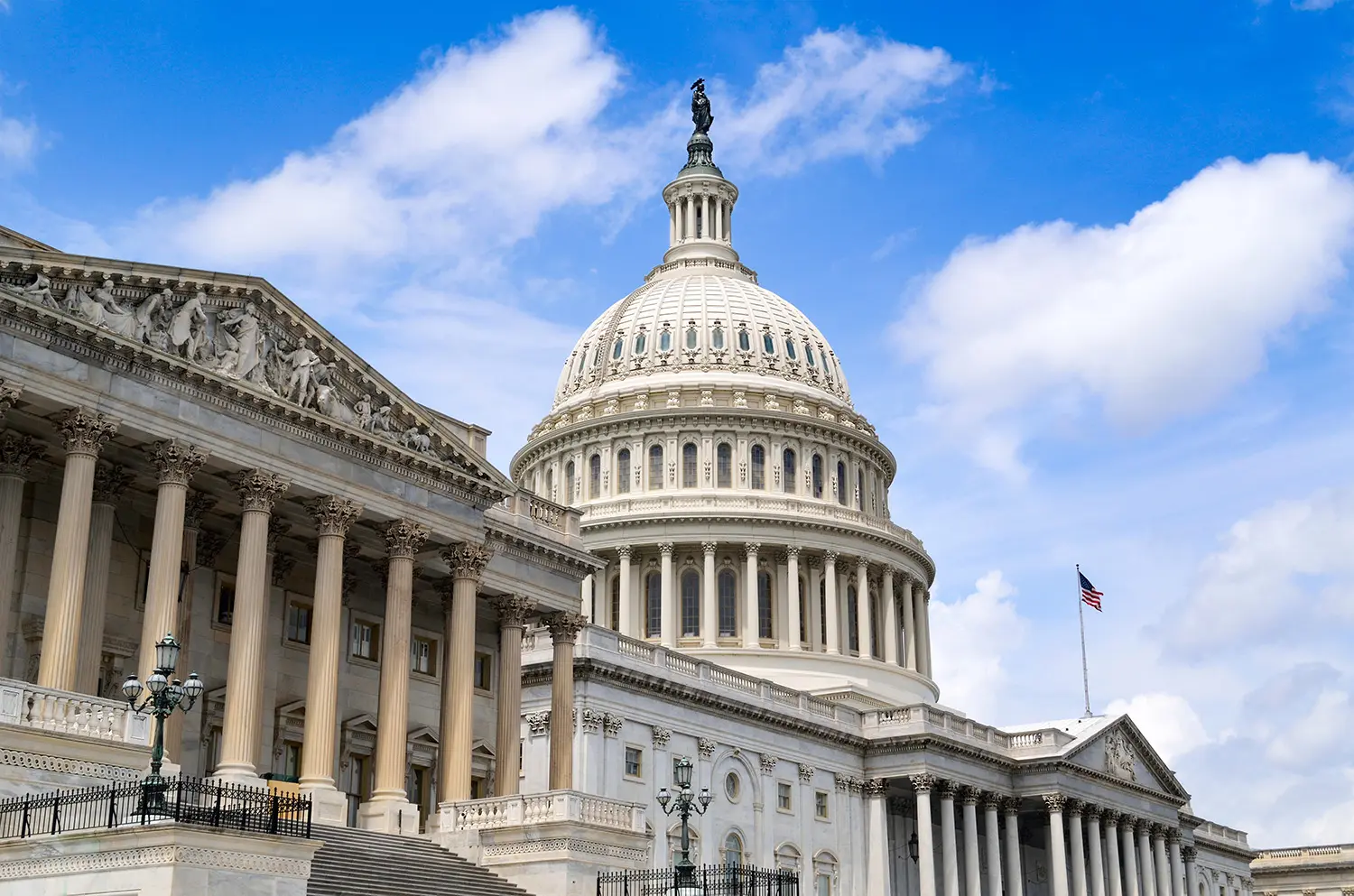Bipartisan Agreement on Additional COVID-19 Funding
04/23/2020
By Madison Mason, Senior Associate, Policy
On Tuesday, April 21, the Senate passed a fourth bipartisan agreement to provide additional funding for the next round of COVID-19 relief, which includes money for the Paycheck Protection Program, Coronavirus testing, and for hospitals. The House is expected to pass this agreement as early as today.
The $484 billion aid package includes:
- $321 billion for the Paycheck Protection Program;
- $60 billion in loans and grants for economic disaster assistance;
- $75 billion for hospitals;
- $25 billion for Coronavirus testing, $11 billion of which will go directly to states;
- $1 billion for the Centers of Disease Control and Prevention (CDC) for activities such as surveillance, contact tracing, and lab capacity expansion; and
- $1.8 billion for the National Institutes of Health (NIH) to develop testing and accelerate research on rapid testing.
This legislation is the latest action, but it is expected that there will be another round of more significant COVID-19 relief legislation in the future. The NHC is working, along with our partners and members, to achieve increased support for access to health services and support for nonprofit and patient advocacy organizations in future legislation including:
- Seeking dedicated loans and grants for nonprofits;
- Removing employment size restrictions for loans and allowing other types of nonprofits such as 501(c)6 organizations to participate;
- Improving above-the-line charitable deductions to further incentivize charitable giving by the middle class; and
- Enhancing the accessibility, adequacy, and affordability of health care;
- Creating Special Enrollment Periods to help people who have lost coverage;
- Additional funding for state Medicaid programs;
- Incentivizing remaining states to expand Medicaid;
- Blocking barriers to Medicaid coverage;
- Coverage for testing, treatment, vaccines, and recovery services;
- Stopping the issuance of non-qualified health plans that don’t provide adequate coverage;
- Coverage for telemedicine services;
- Ending surprise medical bills and increase network flexibility;
- Assistance for people who have lost their employer sponsored coverage; and
- Avoiding long-term premium increases.
For more information and resources on COVID-19, visit our issue page.
